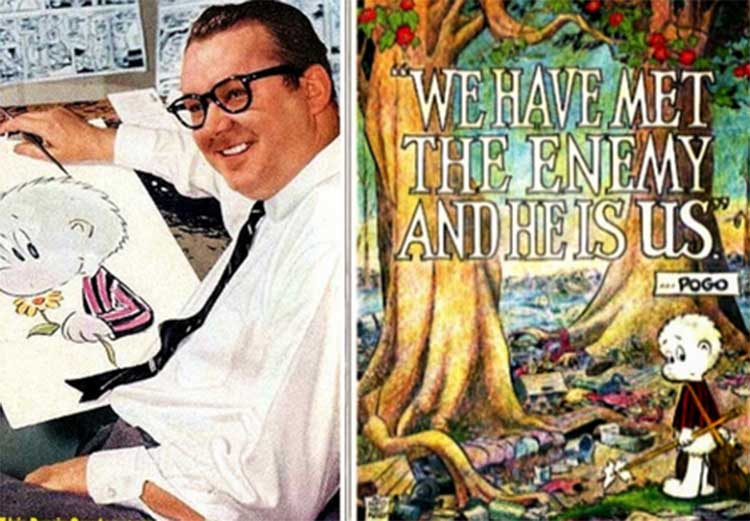
Let us examine the human-induced global predicament from different ‘clinical’ perspectives. The first one invites you to recall J. D. Salinger’s book, Catcher in the Rye (1951). Imagine you are a clinician and your purpose in life is to be ‘a catcher in the rye.’ Your work is saving lives in the face of death. That is what you do. Now broaden your scope of observation. Consider that you are a member of a species, capable of self-consciousness. Even if extinction was inevitable for all species, including a self-conscious species like Homo sapiens, would members of that all-too-human species choose to come together and struggle mightily to preserve its existence and by so doing delay its extinction? Or would leading elders of a self-conscious species thoughtlessly yet cleverly, hubristically and greedily, determine to precipitate and hasten its own demise?
We receive the second perspective in the form of a lesson from the Romans who fiddled. “The Romans did in these instances what all prudent princes ought to do, who have to regard not only present troubles, but also future ones, for which they must prepare with every energy, because, when foreseen, it is easy to remedy them; but if you wait until they approach, the medicine is no longer in time because the malady has become incurable; for it happens in this, as the physicians say it happens in hectic fever, that in the beginning of the malady it is easy to cure but difficult to detect, but in the course of time, not having been either detected or treated in the beginning, it becomes easy to detect but difficult to cure. Thus it happens in affairs of state, for when the evils that arise have been foreseen…., they can be quickly redressed, but when, through not having been foreseen, they have been permitted to grow in a way that every one can see them, there is no longer a remedy.”
—Niccolo Machiavelli, The Prince, Chapter Three
No one on our watch can know, I suppose, when it is too late to take the measure of what is ailing us so as to be able to find a remedy that is consonant with universally shared, humane values. Human beings are presented with a situation of our own making. As Pogo said, “We have met the enemy and we are it.” Perhaps we can agree that there is nothing of value to be gained by doing more and more of the very same things we are doing now; by doing the same things that got us into this dangerous situation; by overproducing unnecessary stuff, overconsuming lavishly and recklessly finite resources, and overpopulating the earth. We can hope necessary behavioral change by the leading elders and followers in my generation is in the offing.
Steven Earl Salmony, Ph.D., M.P.A. established The AWAREness Campaign on The Human Population in 2001. He is a retired psychologist living in Fearrington Village, NC. [email protected]











































